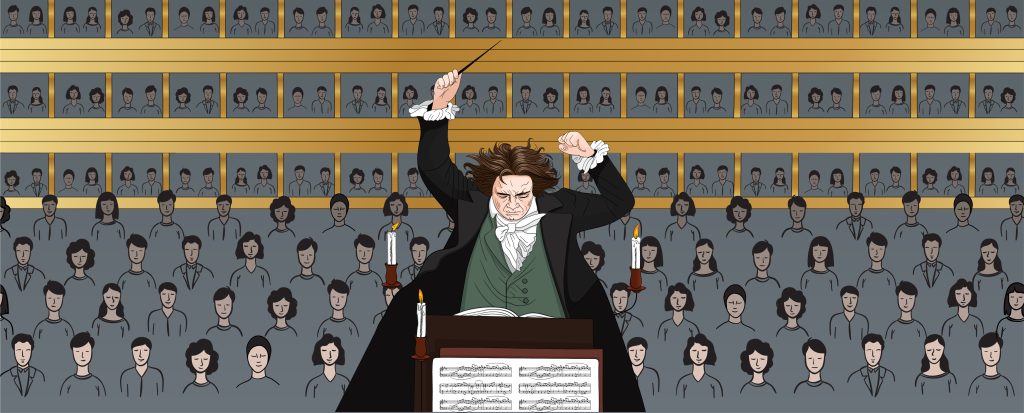Patrons and Friends: The People Who Supported Beethoven
Introduction
Ludwig van Beethoven, a towering figure in the world of classical music, owes much of his success to a diverse array of supporters. His journey from a prodigious talent in Bonn to becoming one of Vienna’s most celebrated composers was heavily influenced by a network of patrons and friends. These individuals not only provided financial assistance but also emotional support, shaping Beethoven’s career and, in turn, the course of Western music. This article delves into the lives of these crucial figures and examines how their contributions helped forge Beethoven’s enduring legacy.
Early Life and Initial Patrons
Beethoven’s musical journey began in Bonn, Germany, where he was born in 1770. His first significant patron was Prince-Elector Maximilian Franz, who recognized his talent early on. Maximilian Franz provided Beethoven with opportunities to study and perform, thus laying the foundation for his future achievements. Under the Prince-Elector’s patronage, Beethoven had access to a wide range of musical experiences, which proved invaluable as he honed his craft.
